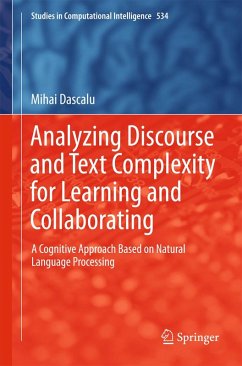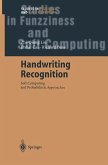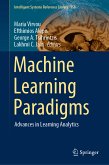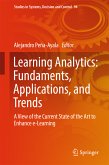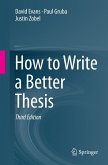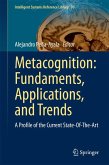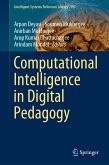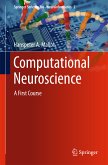With the advent and increasing popularity of Computer Supported Collaborative Learning (CSCL) and e-learning technologies, the need of automatic assessment and of teacher/tutor support for the two tightly intertwined activities of comprehension of reading materials and of collaboration among peers has grown significantly. In this context, a polyphonic model of discourse derived from Bakhtin's work as a paradigm is used for analyzing both general texts and CSCL conversations in a unique framework focused on different facets of textual cohesion.
As specificity of our analysis, the individual learning perspective is focused on the identification of reading strategies and on providing a multi-dimensional textual complexity model, whereas the collaborative learning dimension is centered on the evaluation of participants' involvement, as well as on collaboration assessment.
Our approach based on advanced Natural Language Processing techniques provides a qualitative estimation of the learning process and enhances understanding as a "mediator of learning" by providing automated feedback to both learners and teachers or tutors. The main benefits are its flexibility, extensibility and nevertheless specificity for covering multiple stages, starting from reading classroom materials, to discussing on specific topics in a collaborative manner, and finishing the feedback loop by verbalizing metacognitive thoughts.
As specificity of our analysis, the individual learning perspective is focused on the identification of reading strategies and on providing a multi-dimensional textual complexity model, whereas the collaborative learning dimension is centered on the evaluation of participants' involvement, as well as on collaboration assessment.
Our approach based on advanced Natural Language Processing techniques provides a qualitative estimation of the learning process and enhances understanding as a "mediator of learning" by providing automated feedback to both learners and teachers or tutors. The main benefits are its flexibility, extensibility and nevertheless specificity for covering multiple stages, starting from reading classroom materials, to discussing on specific topics in a collaborative manner, and finishing the feedback loop by verbalizing metacognitive thoughts.
Dieser Download kann aus rechtlichen Gründen nur mit Rechnungsadresse in A, B, BG, CY, CZ, D, DK, EW, E, FIN, F, GR, HR, H, IRL, I, LT, L, LR, M, NL, PL, P, R, S, SLO, SK ausgeliefert werden.

